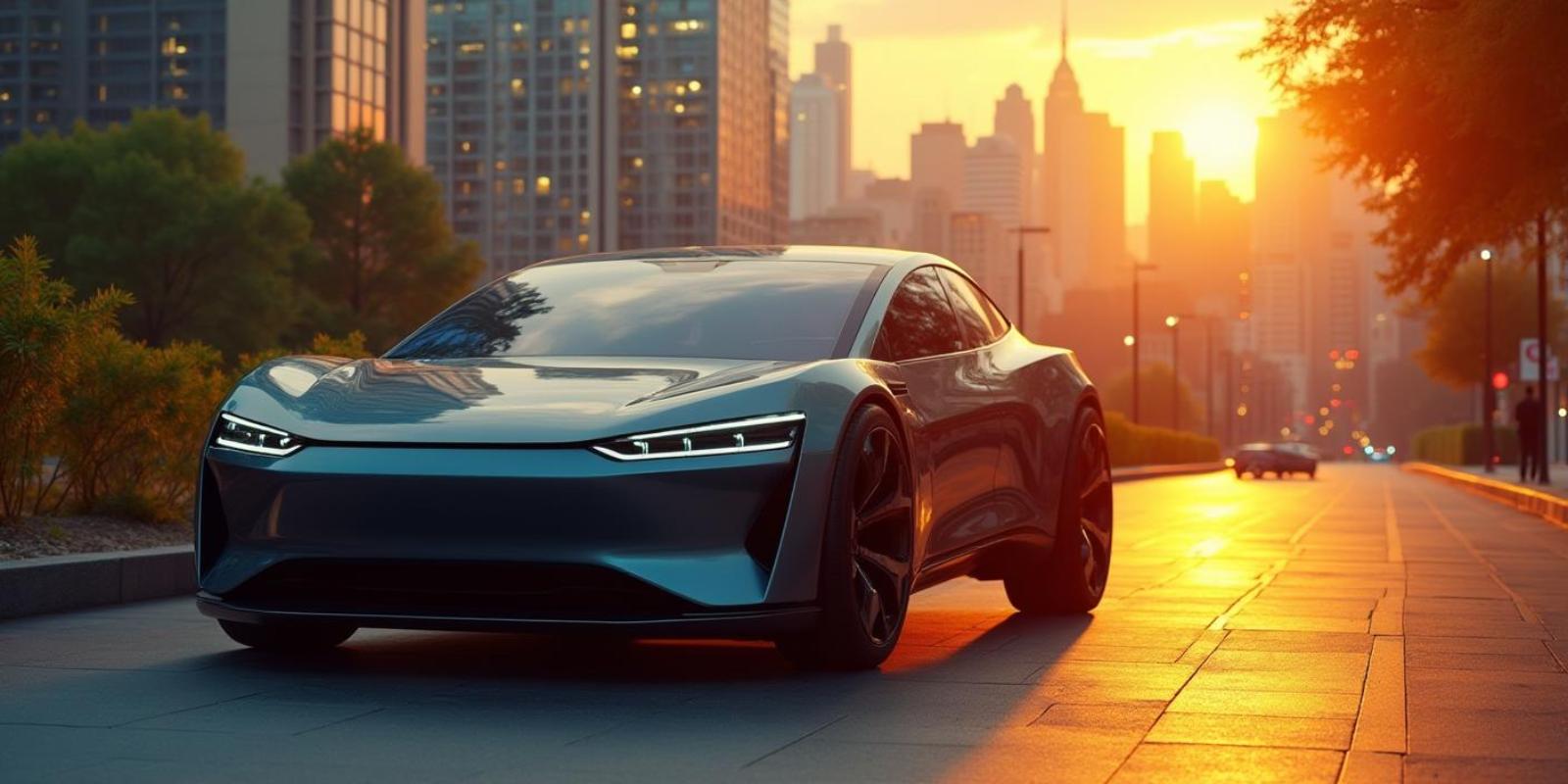Advanced Battery Technologies
The electric vehicle (EV) revolution continues to gain momentum, transforming the automotive industry and driving significant advancements in technology. As we approach 2025, the market is set to introduce groundbreaking electric vehicles that promise to redefine mobility. This article explores the most anticipated EVs and the technological trends shaping their development.
Battery technology is at the heart of electric vehicles, and by 2025, we can expect significant advancements in this area. Solid-state batteries and ultra-fast charging systems will become mainstream, improving range and reducing charging times. These innovations in technology will not only make EVs more practical but also set new standards for reliability and energy efficiency.
Autonomous Driving Integration
Autonomous driving capabilities are evolving rapidly, with many EV manufacturers incorporating these features into their 2025 models. From lane-keeping assistance to fully self-driving systems, the integration of autonomous technology will enhance safety and convenience, redefining the driving experience. These systems will also reduce accidents, offering a safer alternative to traditional vehicles.
Sustainability and Green Manufacturing
As sustainability becomes a priority, EV makers are focusing on green manufacturing practices. By utilizing recyclable materials and reducing carbon footprints, automakers are ensuring that their innovations align with environmental goals. This emphasis on sustainable technology highlights the industry’s commitment to combating climate change while promoting responsible production methods.
Performance Enhancements in EVs
The EVs of 2025 are set to deliver unmatched performance, with advancements in motor efficiency and aerodynamics. High-performance electric sports cars and SUVs are expected to dominate the market, showcasing how technology can combine sustainability with thrilling driving experiences. These vehicles will push the boundaries of speed and torque, attracting a new wave of enthusiasts to the EV market.
Expanding Charging Infrastructure
Charging infrastructure remains a critical factor for EV adoption, and by 2025, significant improvements are anticipated. The proliferation of ultra-fast charging stations and wireless charging options will make recharging more convenient. Enhanced technology will ensure that EV drivers can travel long distances without range anxiety, bridging the gap between traditional and electric vehicles.
Connectivity and Smart Features
Electric vehicles are becoming smarter, with features like real-time diagnostics, over-the-air updates, and advanced infotainment systems. By 2025, connected technology will enable seamless integration between EVs and other smart devices, creating a more interactive and personalized driving experience. These features will also enhance the efficiency and functionality of vehicle systems, ensuring a seamless user experience.
Affordability and Mass Adoption
One of the key factors driving the future of EVs is affordability. By 2025, the cost of producing electric vehicles is expected to decline, making them more accessible to the average consumer. Advances in technology and economies of scale will contribute to this trend, paving the way for mass adoption. Incentives from governments and organizations will further accelerate this transition.
Luxury EVs on the Horizon
Luxury automakers are also entering the EV market with sophisticated models that blend cutting-edge technology with premium design. These vehicles will offer unparalleled comfort, advanced features, and exceptional performance, catering to high-end consumers looking for eco-friendly alternatives. Brands are focusing on innovation and exclusivity to capture this growing segment of the market.
Innovations in Vehicle-to-Grid Systems
By 2025, vehicle-to-grid (V2G) systems will become an essential part of the EV ecosystem. These systems allow electric vehicles to feed energy back into the grid, providing a sustainable solution for energy management. This integration of technology will not only support renewable energy efforts but also offer cost-saving opportunities for EV owners.
Conclusion
The electric vehicles to watch in 2025 represent the pinnacle of innovation in technology. From advanced battery systems and autonomous driving to sustainability and connectivity, these developments are setting new standards in the automotive industry. As EVs become more accessible and practical, they are poised to revolutionize transportation and contribute to a greener, smarter future. With advancements in performance, affordability, and infrastructure, 2025 promises to be a landmark year for the evolution of electric mobility.



